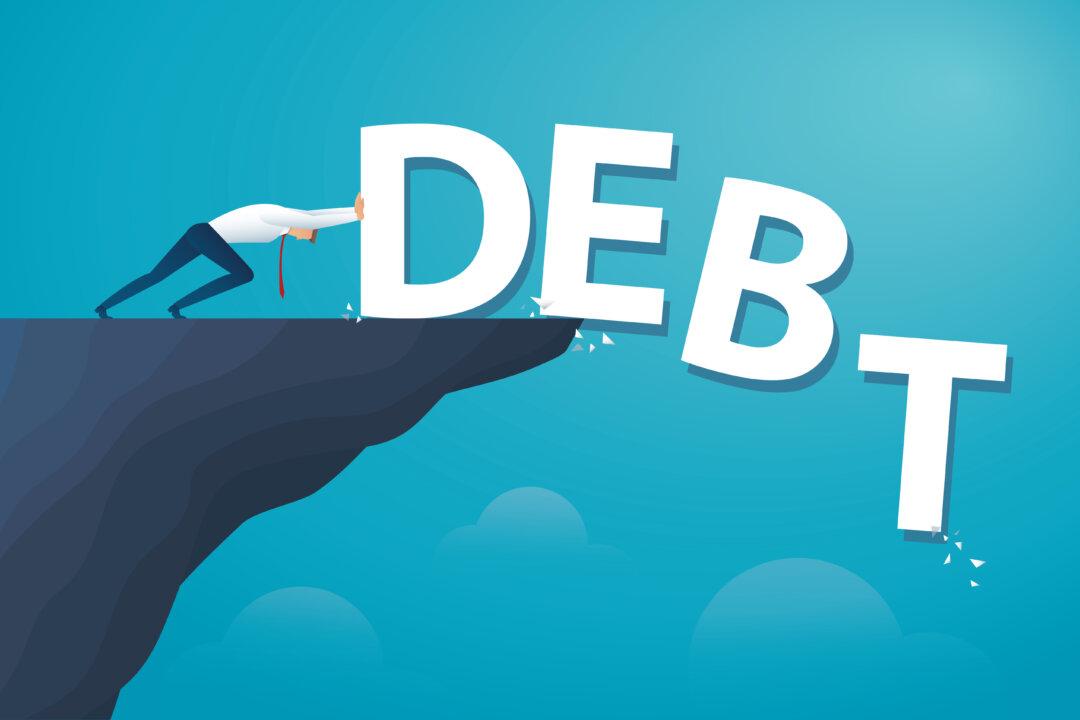One of the best things you can do for yourself is to get out of debt. Besides feeling greater freedom without a constant financial burden hanging over your head, you also have the liberty to buy some things you have always wanted. Getting out of debt is not always easy, but it will be even more difficult if you make the following mistakes.
Paying Off the Debt With the Lowest Interest Rate First
If you want to get out of debt fast, you need to put your money where it will reduce your debt the fastest. Paying off your largest debt first may not be the best way to reduce your debt fast. Instead, put extra money toward the debt having the highest interest rate. Debts with low-interest rates—such as your mortgage—are considered “safe” debt.Credit cards often have notoriously high-interest rates. It is where your interest is probably growing the fastest, and paying it off—or at least reducing it quickly—will slow down the interest you owe each month. If you only pay the minimum balance due, financial advisor Suze Orman says that you could easily end up paying up to four times as much for your purchases.






